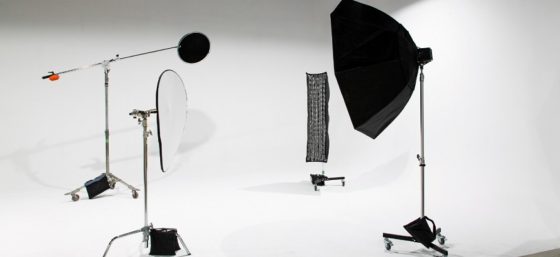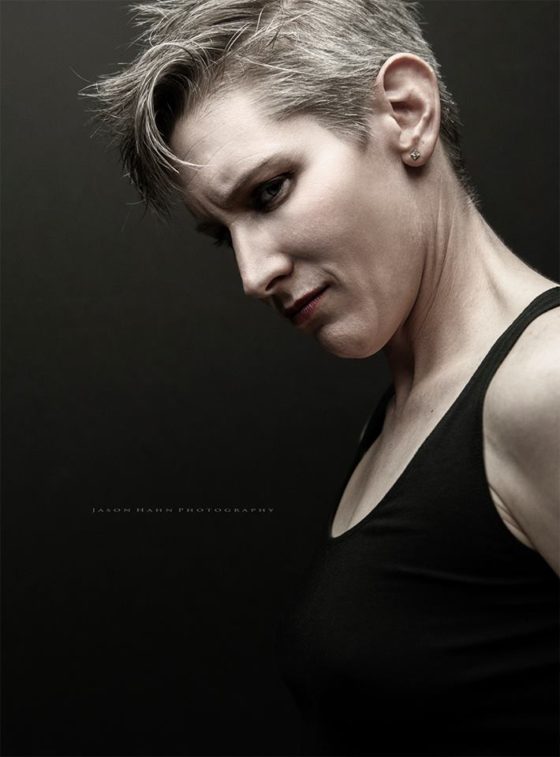Last week, I went to an open photoshoot/happy hour at Parkwood Studios. (They have a gorgeous space!) It’s a free monthly event for photographers and models of all skill levels and experience. There was an area set up with lights where anyone could model and shoot photos. The purpose is to give everyone an introductory experience working with a model in a studio environment. There was not a model release or TFP agreement for this event.
I went to this to network and to model. As a lawyer, I knew what I was getting into in regards to copyright and image rights. Of course, my analytical brain couldn’t stop strategizing what I’d do to integrate legal protection and information without disturbing the spirit of the event.
Who’s At Risk, Who’s Protected
There are three groups who should be interested in protecting themselves at an open shoot: the models, the photographers, and the studio. If I represented a studio that hosted an open shoot, I’d recommend having a release that states the studio is not responsible for anyone’s behavior. If there’s a dispute between a model and a photographer, that’s an issue to be resolved between the two of them.
Model Release and Copyright Notice
Even in the photography/modeling industry, a lot of people do not understand copyright and image rights. In an open photo shoot, the model and photographer exchange their time, talents, and the opportunity to practice their respective crafts. Unless stated otherwise in a written agreement, whomever took the photo owns the copyright.
The expectation at these events is that photographers and models exchange contact information so the photographer can share images with them, and that the models are allowed to put the images in their portfolios or share on social media. I suspect the studio would also want a license to the use any images taken at the event that they receive or that are posted to their social media to promote future events or the studio.
No Guarantees
The one of the complaint I heard from past events is models saying a photographers who took photos of them never sent any images. While that is poor form, the only way I can think to legally work around this is to have a “no guarantee” clause. There’s no guarantee the photographer will send the model photos and there’s no guarantee the photographer will get the shot they want.
Code of Conduct
Since this is an event for all experience levels – including fledglings – I recommend having a code of conduct that applies to everyone and the studio’s equipment. This would include basic things like “Always ask permission before touching a model,” “Don’t touch the lights or any equipment that’s not set up for use at this shoot,” “Give constructive feedback,” and “Be respectful – we’re all here to learn and have fun.” A lot of these are common sense, but it’s good to state the obvious for people for whom it might be their first time shooting in this type of environment.
For studios like Parkwood that host regular events, I suggest creating reusable poster-sized copies of the rules and release and put it on the door leading to the photoshoot area with a notice that says by entering the room, you agree to these expectations. For anyone who wants to shoot photos or model, put a clipboard with a dated copy of the agreement and a signature page where everyone must agree to the rules before they’re allowed to participate. This serves multiple purposes:
- It gives photographers and models experience with reading and signing these agreements.
- It creates expectations and helps avoid conflict for all involved.
I get questions every day about photography, image rights, and copyright. For anyone who works as a photographer or model, it’s imperative that you understand these topics. Many disputes can be avoided with well-written contracts and accurate information. I’m constantly doing work in this area, so if you want to keep up with what I’m doing or if you need help, you can contact me directly or connect with me on Twitter, Facebook, YouTube, or LinkedIn. You can also get access to more exclusive content that is available only to people on my mailing list, by subscribing here.
Lights Camera Lawsuit
There’s always a need for quality legal information for photographers. That’s why I created an online course called Lights Camera Lawsuit: The Legal Side of Professional Photography to address photographers’ most important questions. I want you to feel secure in your business, confident in the way you operate day-to-day, knowing that you’ve set yourself up to get paid what your worth without incident.
At $497, the course contains nearly six hours of legal information you can immediately apply to your business. That’s less than what I charge for two hours of legal work for clients!
Please subscribe for more information and to make sure you don’t miss out on any special offers or discounts.

